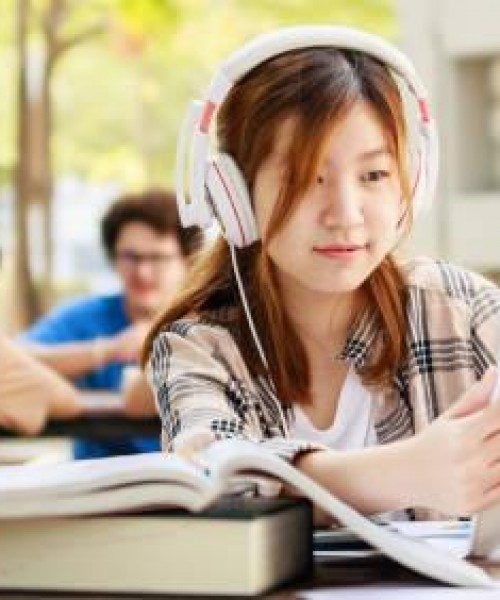在一个识字的社会,就像学说话一样,接触和询问识字能力同样重要。然而,这样的技能需要更大的负担,为孩子挖掘他/她的认知和运动技能。Denny Taylor(1983)认为,“识字是非常织物的家庭生活”(如城市中的布鲁斯,1997节)。家庭是识字的主要和第一来源,因为它是孩子被引入到功能识字。孩子看到家庭成员从事扫盲活动,大多数时候,孩子积极参与这些经验,从而掌握这些扫盲行动和技能的功能。孩子开始注意识字是无处不在,它传达的一些写作注意从纸片在家里,手机短信的意义,文本在故事书和许多其他情况下,小孩接触到符号语境。大多数时候父母不自觉地在日常生活中让孩子接触文本,从而使他们在识字的社会中出现,例如在做购物单或选择包麦片买。家长通常不知道他们正在帮助获得识字技能。把孩子从很小的年龄暴露到印刷文本中是非常重要的,例如读书,尤其是床上故事。床时间故事给孩子一个一对一的体验,让孩子阅读,从而开始理解文本。把孩子教拼音也有助于阅读和写作。后来,孩子开始学习识字活动的multiciplicity当孩子开始混合与其他孩子和参与不同的社会活动如生日派对。
美国美国健康学论文代写:识字的社会
In a literate society just as learning to speak it is equally important to be exposed to and enquire literacy skills. However, such skills need much more afford for the child to tap into his/her cognitive and motor skills. Denny Taylor (1983) argues that "literacy is part of the very fabric of the family life" (as citied in Bruce, 1997 p.130). The home is the main and first source of literacy since it is where the child is introduced to functional literacy. The child sees the family members engaging in literacy activities and most of the time the child get involved actively in these experiences and thus grasping the functions of such literacy actions and skills. The child start noticing that literacy is everywhere and that it conveys meaning by noticing some writing from scraps of paper in the house, phone messages, texts in storybooks and much other situations where the child is exposed to symbols in contexts. Most of the time parents unconsciously expose their children to text in their everyday situations and thus involving them in the literate society e.g. in doing shopping lists or choosing packets of cereal to buy. Parents are usually not aware that they are helping in the acquisition of literacy skills. Exposing children as from a very young age to printed text is extremely important e.g. being read-to, especially bed time stories. Bed time stories give the opportunity for one to one experience where the child is read-to and thus start making sense of text. Exposing the child to phonics would also help in reading and also in writing. Later on, the child starts learning about the multiciplicity of literate activities when the child start mixing with other children and participating in different social events e.g. Birthday parties.










